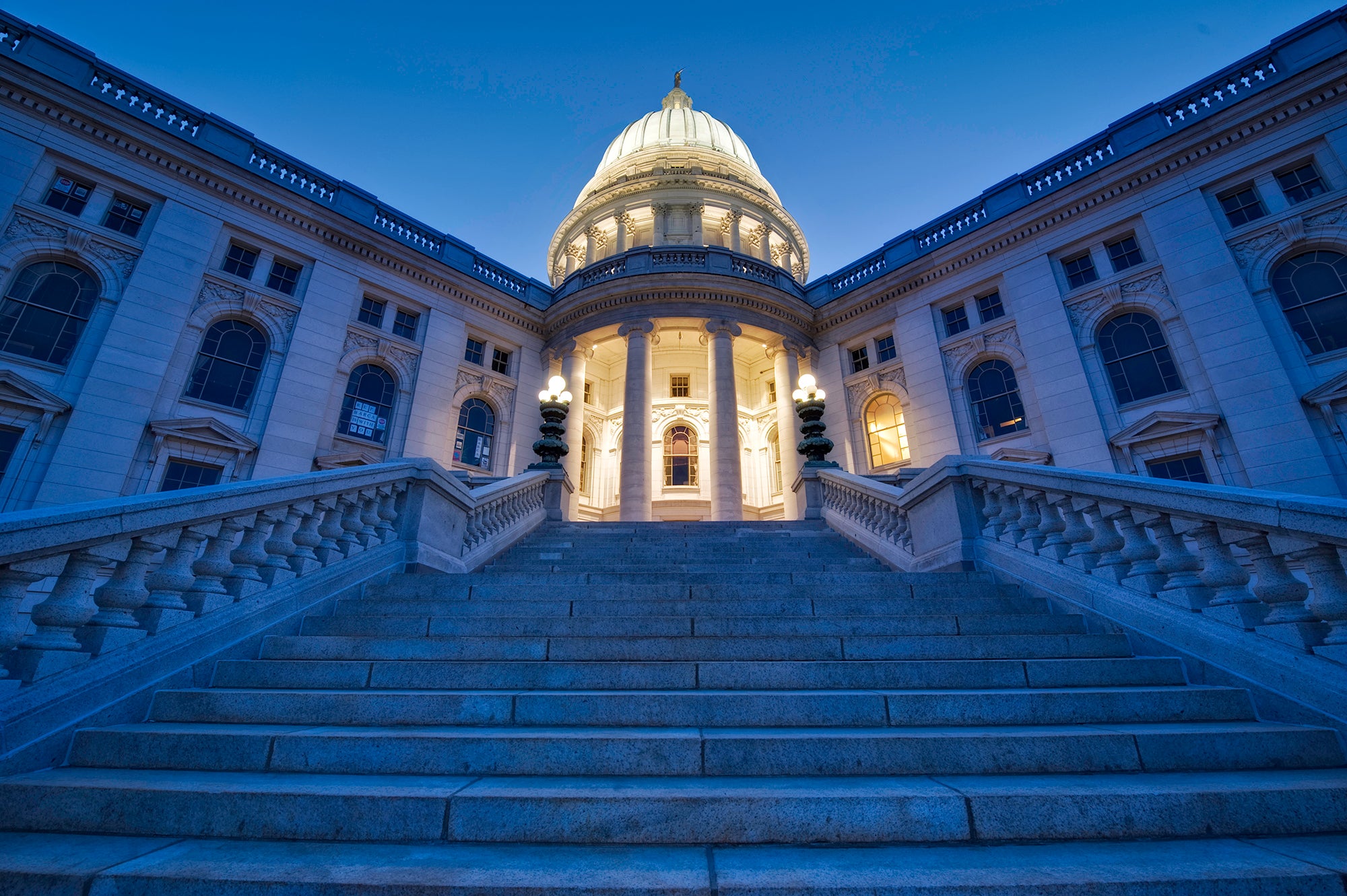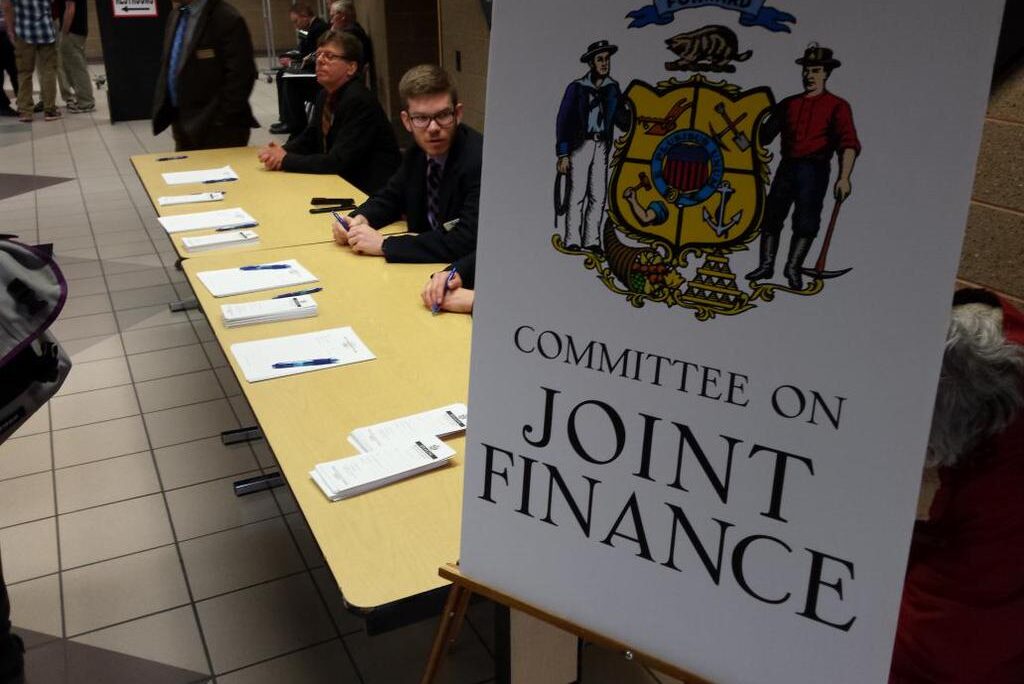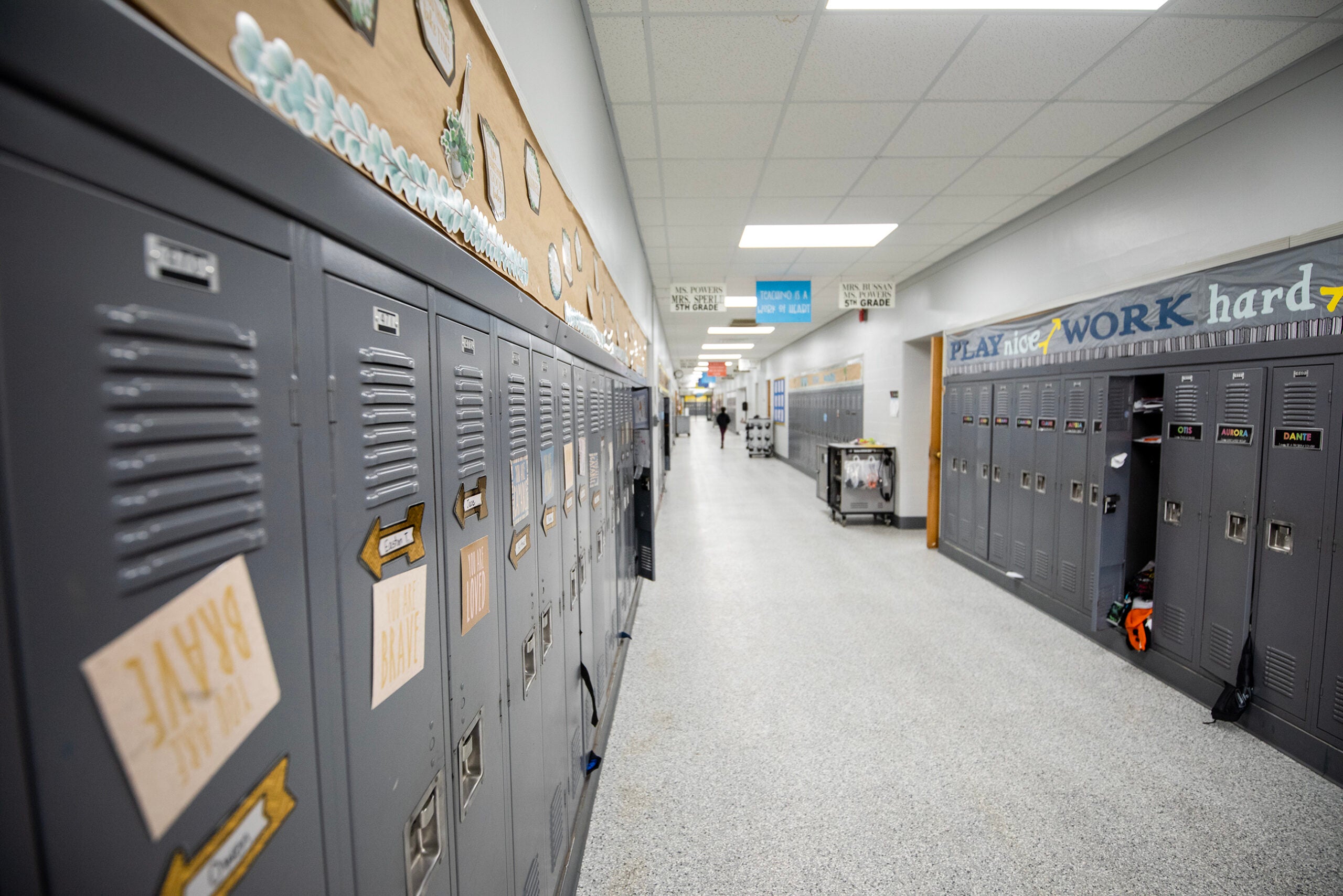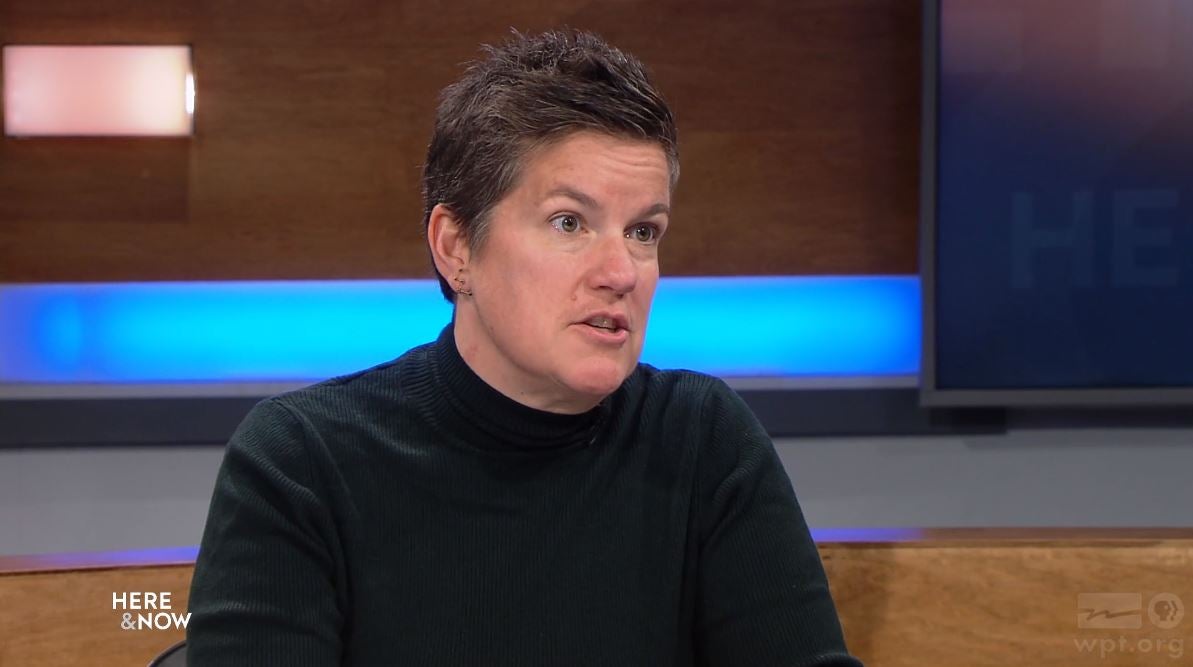The state budget committee has voted to reject Gov. Scott Walker’s proposed income and sales tax cuts in the next state budget.
The Republican-controlled committee voted to reject Walker’s $200 million income tax cut and $22 million back-to-school sales tax holiday Wednesday evening, during its last action on the delayed state budget.
State Sen. Alberta Darling, co-chair of the budget committee, said Republicans opposed the income tax cut because it wasn’t big enough.
News with a little more humanity
WPR’s “Wisconsin Today” newsletter keeps you connected to the state you love without feeling overwhelmed. No paywall. No agenda. No corporate filter.
“The last thing we wanted to do was eliminate a tax, in my opinion, that wasn’t significant enough,” Darling, R-River Hills, said.
Rep. John Nygren, R-Marinette, a committee co-chair, echoed that lawmakers decided the cut didn’t provide “the best bang for your buck.”
GOP legislators at the helm of the committee also rejected a tax credit increase Walker included in his budget.
In his plan, Walker proposed increasing the earned income tax credit, a credit for low-income families. Under current law, a single parent making $18,000 would receive $139 a year from the credit, according to the Legislature’s nonpartisan budget office. Walker’s plan would have increased that to $383.
Republicans argued keeping the status quo for the tax credit would be sufficient, but Democrats said rejecting the expansion was a bad idea.
“It’s a bully move and it does not reflect the values of this state, it does not reflect the values of the people of this state,” said Sen. Jon Erpenbach, D-Middleton. “Overwhelmingly, Wisconsinites want to help people who really, truly need help.”
The committee did approve a $74.4 million annual cut to the personal property tax, a tax some businesses pay on their equipment. The cut will specifically benefit businesses that use machinery and tools, as long as those items aren’t considered “manufacturing property” under current law.
“This is a really important business asset,” Darling said. “These small business people are not wealthy people, they are middle-class people who have the burden of the personal property tax.”
Democrats pushed back on the cut.
“By committing dollars to reckless tax cuts, you’re making sure that we won’t have the money in the future,” said Rep. Gordon Hintz, D-Oshkosh.
Committee Approves Plan To Expand Special Needs Vouchers
The committee also approved another expansion of private school vouchers in the budget.
Lawmakers approved a plan that will make more students with disabilities eligible for special needs vouchers. Those vouchers allow disabled students to attend a private school of their choice, rather than their local public school.
Sen. Leah Vukmir, R-Brookfield, said the change will make things easier for parents of students with special needs.
“Why would we want to put them through more hoops and more red tape and make it more difficult for them to provide what they want most for their kids, what every parent wants most for their child,” Vukmir said.
Democrats argued the change takes money away from public schools.
Republicans have pushed to expand the private school voucher programs in various ways for years. Last month, they approved expanding income eligibility for the program from $45,000 a year for a family of four to $54,000 a year.
Lawmakers Urge UW System Regents To Examine Faculty Workload
In their final motion on the budget, sometimes called the “999 motion,” lawmakers also revived Walker’s proposal that calls for the University of Wisconsin System Board of Regents to develop a plan for monitoring faculty teaching workloads.
Under the proposal, the Board of Regents would need to design and implement a plan for tracking faculty and instructional academic staff teaching workloads for rewarding those who teach more than a standard academic workload.
Democrats pushed back on the requirements.
“There is so much more to the day-to-day work of a professor than the amount of time spent in the classroom, so just the micromanaging alone of the university system is troublesome,” said Erpenbach.
The proposal would also require the board and UW-Madison chancellor to include data on teaching hours in annual reports to the governor and Legislature, as well as make them publicly available.
The governor has said the change would reverse a “nationwide trend where professor time in the undergraduate classroom is down while tuition has gone up.”
The budget now moves to the full Assembly and Senate for approval. The governor has said he expects to sign it before the end of summer.
Wisconsin Public Radio, © Copyright 2026, Board of Regents of the University of Wisconsin System and Wisconsin Educational Communications Board.







